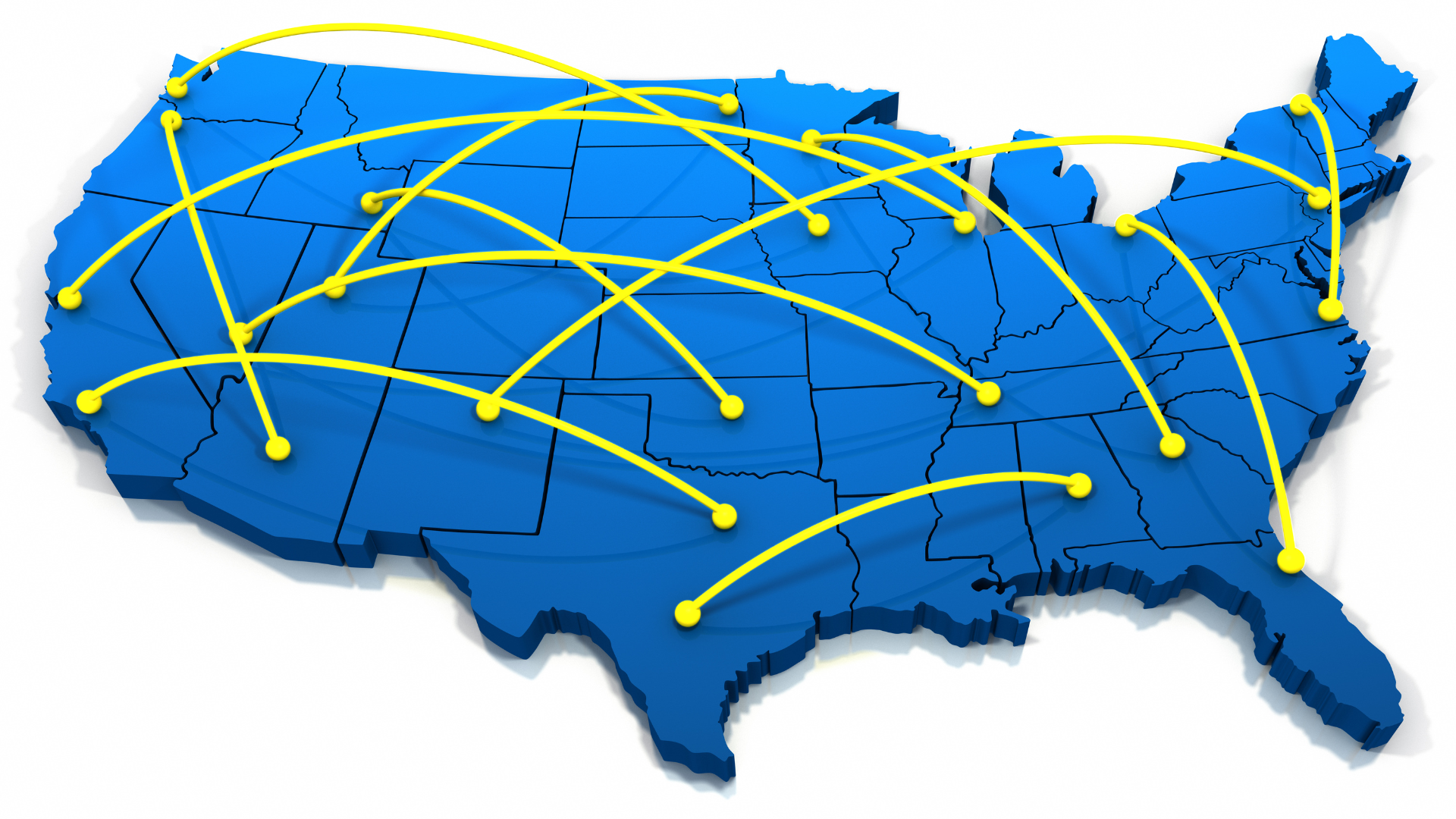The Troubling New Norm: Why Some Kaiser Retirees Are Returning to Work
Retirement, which has historically been associated with leisure and relaxation, is shifting. Retirees rejoining labor markets is a new trend that has emerged in the post-pandemic era. This change, referred to as "unretiring," is frequently prompted by financial concerns.
Sponsored Ad
Financial Difficulties Leading to a Return to Work
Three main financial worries are clouding the tranquil idea of retirement:
Impact of Inflation: As living expenses grow, many Kaiser retirees discover that their funds are insufficient to support the lifestyle they had imagined.
Unpredictability of the stock market: For individuals who are substantially invested, market volatility can have a significant influence on retirement funds.
Increasing healthcare costs: As we become older, our healthcare requirements increase, which results in rising costs that can quickly deplete funds. One of the main issues facing both employees and retirees is healthcare costs. They also account for one of the most significant retirement expenses.
Many people find that returning to the workforce is the answer to these problems. When retirement savings fall short of the desired lifestyle, as Lamar Brabham of Noel Taylor Agency points out, there are two options: change the lifestyle or generate more income.
Understanding the Need for Unretirement
A retiree may need to think about unretiring, according to a number of indicators:
Budget Overruns: If you frequently go over your budget, it's a sure sign that you're under financial strain.
Frequent Fund Withdrawals: Requesting additional funds from your financial advisor on a regular basis may be a sign that your savings are being depleted too quickly.
Compromised Lifestyle: When you find yourself cutting costs, skipping routine purchases, or trimming your lifestyle, it's a sign that you're under financial pressure.
Unexpected Life Events: Even the most methodically prepared retirement accounts, possibly bolstered by years of Kaiser stock investments, might suffer from unforeseen life events like divorce, high medical expenses, or unavoidable natural disasters. For this reason, it's crucial for Kaiser employees to set aside additional funds for unplanned expenses.
The Benefits of Not Retiring
Although the idea of unretiring may at first sound intimidating or even demoralizing, especially after years dedicated to working at Kaiser, it has some possible advantages that are well worth taking into account:
Financial Security: For Kaiser retirees, returning to work can help replace depleting resources, guaranteeing a more secure and pleasant future.
Social Connection: Work, perhaps even Kaiser's younger workforce, can provide a sense of purpose as well as an opportunity to socialize, something many retirees miss.
Pursuing Passions: Retiring might provide you the freedom to pursue interests that were previously out of reach.
Furthermore, for Kaiser employees who haven't dipped into their Social Security, deferring these benefits can result in a larger monthly payout later on. However, if you're currently receiving Social Security benefits and thinking about going back to work at Kaiser, it's critical that you know the potential effects on those payments.
Final Reflections
The emergence of unretiring and the changing nature of retirement illustrate the adaptability and tenacity of today's retirees. Financial difficulties may act as a motivating element, but returning to the labor may be a happy and satisfying experience. It's important for both current and former Kaiser employees to stay knowledgeable and flexible as the retirement landscape changes.



